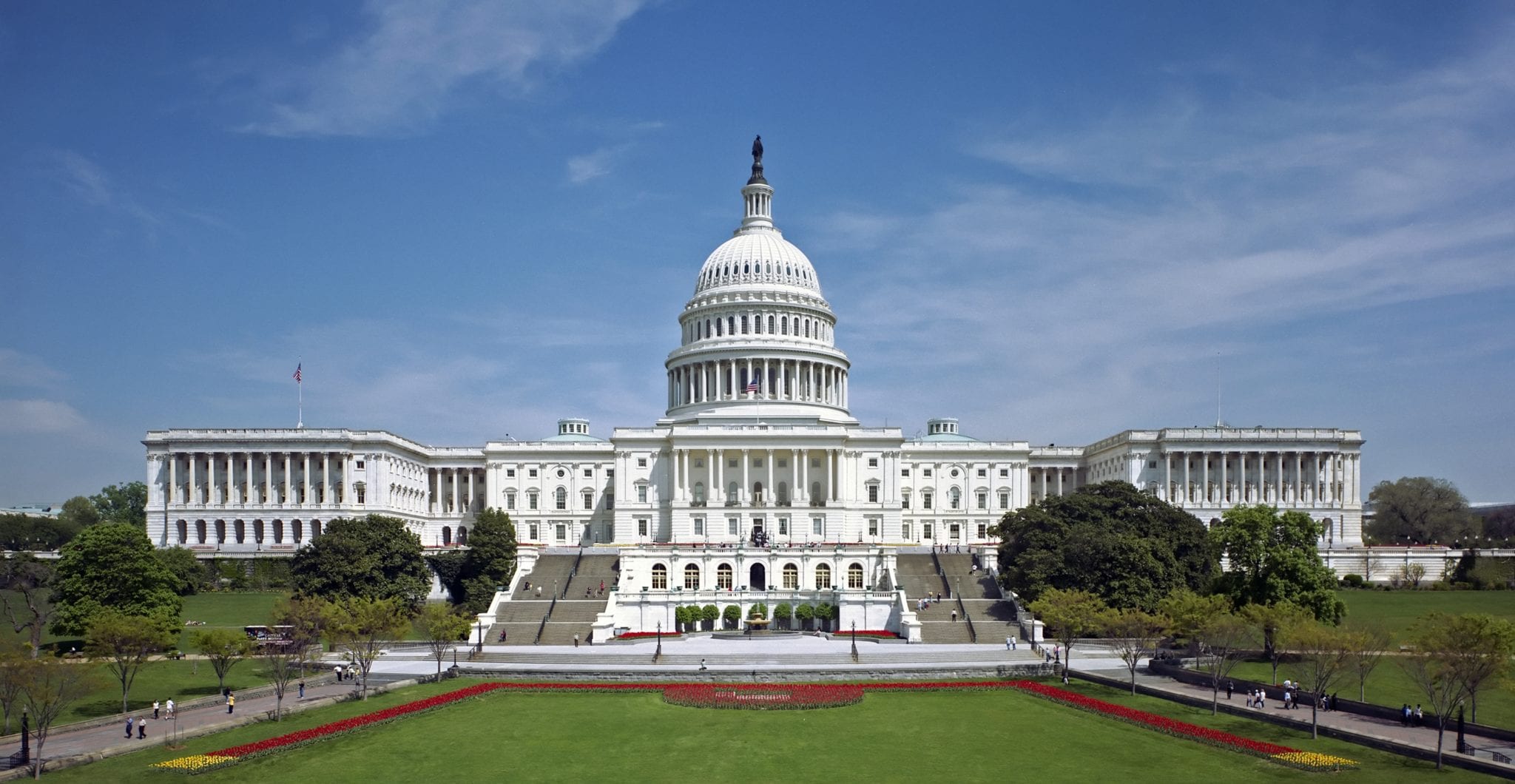
On January 25, 2021, president Biden signed an Executive Order 14005 called Ensuring Future is Made in All of America by All of America’s Workers. In Section 14 of this Executive Order, president Biden revoked:
- Former president Trump’s Executive Order no. 13788 from 2017 called Buy American and Hire American (“BAHA”);
- Section 5 of Executive Order 13858 from 2019 called Strengthening Buy American preferences for infrastructure projects) ;
- Executive order 13975 (Encouraging Buy American Policies for the USPS).
The most significant change is the revocation of Executive Order no. 13788, so called BAHA Executive order. The BAHA Executive Order ordered various immigration agencies (such as USCIS or the Department of State that governs the Consulates and Embassies abroad) to propose new rules and issue new guidance to protect the interests of U.S. workers and to prevent abuse or fraud. Additionally, the BAHA specifically focused on H-1B visas and encouraged various agencies to suggest reforms to help ensure that the H-1B visas are awarded to the most skilled or highest paid workers.
E-1 and E-2 visa petitions were affected by this regulation. In 2017, the Foreign Affairs Manual’s (this is a manual Consular Officers use when adjudicating visa petitions) preamble was updated to indicate that the Consular Officers should adjudicate the E-1 and E-2 visa petitions, while keeping in mind the BAHA Executive Order and especially the fact that the purpose of BAHA is to “create higher wages and employment rates for workers in the United States, and to protect their economic interests.” Additionally it stated: “the goal of E.O. 13788 is to protect the interests of United States workers in the administration of our immigration system, including through the prevention of fraud or abuse. “
The main areas where we saw the impact of the BAHA Executive order on E-1 & E-2 visas were:
- When bringing E-1 employees or E-2 employees in the U.S. The officer would often why a U.S. worker could not do the job of the E-2 employee.
- E-2 investment: some Consular officer would ask the E-2 investor how much of the overall investment money was actually spent in the U.S. and they would want to see that the vast majority of the money was spent in the U.S.
We expect that the Foreign Affairs Manual should be updated shortly to reflect the revocation of BAHA. We think that it will become easier to bring E-1/E-2 employees to the U.S. and the Consular Officers should no longer focus/extensively question the E-1/E-2 employee whether a U.S. employee could perform the job. However, even during the BAHA Executive order was in effect, we did not notice that the approval rate of E-1/E-2 employee petitions would decrease drastically. Additionally, we expect that the Consulates that previously focused on the fact whether or not the majority of investment money was spent in the U.S. should no longer focus on this. However, we think that in some cases, Consulates may still ask about this especially now during Covid-19 pandemic, as they still may want to see that the money was spent in the U.S. However, this is only our thought and we will see in the upcoming months how the revocation of BAHA will impact E-1 and E-2 visa adjudication.
Please click here to find out more about the E-2 visa.
Please click here to find out more about the E-1 visa.